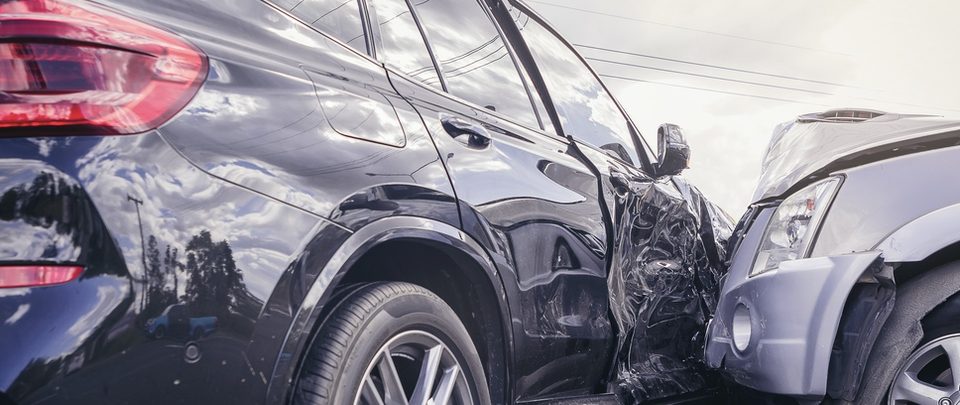What kind of burns can you suffer in a car crash?
Driving on Montana’s roads can be tricky in any type of weather, but driving on wet, icy or snowy roads is even more dangerous. Unfortunately, the number of car crashes always increases every winter.
Some of the worst types of crashes are those involving fire. If you become the victim of one of these fiery crashes, the American Burn Association advises that you may well receive four types of burns as follows:
- Thermal burns from the fire’s flames themselves or from one of your car’s many surfaces that can heat up and burn you during a fire
- Scald burns from any hot liquid your body comes into contact with, including gasoline and spilled coffee or other hot drinks
- Chemical burns from any of your car’s corrosive fluids, including transmission fluid, antifreeze, steering fluid, etc.
- Electrical burns from your car’s electrical wires or, worse yet, a downed power line
Burn degrees
Given the relatively small interior space of your car, even if you drive an SUV or other large vehicle, a fire can fill the inside of your car in a matter of seconds. And with all your windows closed due to the winter weather, the fire has nowhere to go and you may not be able to escape quickly enough to avoid becoming badly burned.
The medical community divides burns into degrees depending on their severity. The least serious burns you can suffer are first- and second-degree ones. Unfortunately, however, you seldom receive these types of burns in a fiery car crash. Instead, you usually receive them from the sun when you remain outdoors too long in the summer without sunscreen protection.
You are far more likely to suffer a third- or fourth-degree burn in a car crash. A third-degree burn affects not only your skin, but also the underneath muscles, tendons, nerves and tissues. If you receive a fourth-degree burn, it will affect even your bones. Both third- and fourth-degree burns threaten your life, and you will require immediate medical assistance to save it. Even if you survive such serious burns, however, you face months of painful hospital treatment to minimize what could be disfiguring scars.
This is general educational information and not intended to provide legal advice.




